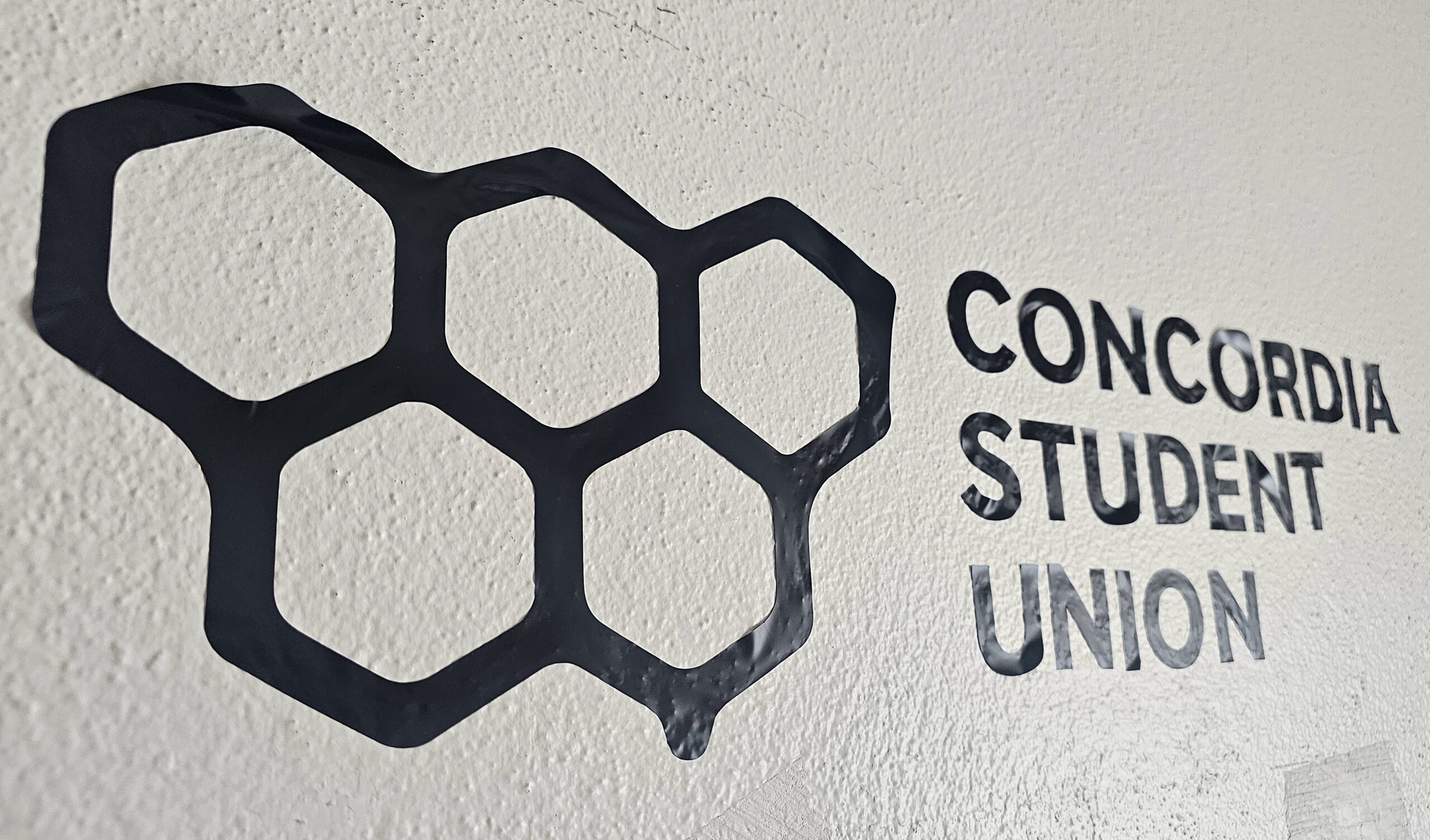The motion was passed unanimously and will go in effect in late June.
In a significant pivot towards ethical banking, the Concordia Student Union (CSU) has decided to withdraw its investments from Scotiabank, citing the bank’s financial entanglement with Elbit Systems, a noted defense electronics company supplying the Israeli Defense Force (IDF).
This decision aligns the CSU with the broader Boycott, Divest, Sanction (BDS) movement, aiming to pressure entities involved in the ongoing conflict in Gaza.
At the heart of the divestment is Dave Plant, a CSU council member, who introduced the motion during a union meeting. “Our funds and where we place them can influence corporations […]. It’s about making a stand,” Plant said.
The CSU’s financial shift will move away from Scotiabank by the end of June, redirecting $10M to Desjardins, a banking institution noted for its adherence to ethical investment guidelines. This move was unanimously agreed upon by the council, consisting of elected representatives from all faculties.
Plant’s motivation stemmed from Scotiabank’s investments in Elbit Systems, but also in Vanguard and Blackrock, both of which are heavily invested in arms manufacturing and the North American housing market crisis.
Concordia University’s Solidarity for Palestinian Human Rights (SPHR) Coordinator Zeyad Abisaab shed light on the organization’s strategic involvement in the BDS movement and its historical roots within the context of Palestinian advocacy in the West.
Abisaab is also a history student at Concordia. He emphasized the role of economic sanctions used to enact change. “Economic pressure has been the tactic used by every single country on earth,” Abisaab said.
Detailing the BDS movement’s objectives, this approach seeks to dismantle the economic structures supporting Israel’s military and colonial endeavors through targeted boycotts and divestments.
“BDS, just like the foundation of all of these human rights organizations, like SPHR for instance, aims to address [Israel’s actions] and combat them or fight them in a way that isn’t violent,” Abisaab explained.
Highlighting the incremental impact of these actions, Abisaab drew parallels with the significant economic repercussions experienced by companies like Starbucks, which faced backlash for their ties to funding Israel’s military actions.
Abisaab hopes for increased student mobilization and engagement with BDS efforts, emphasizing the importance of collective action in achieving tangible results. Abisaab encouraged students who want to make a similar impact to join the student walkout and rally on April 11. The rally will have Concordia students as well as those from McGill and Dawson.
“Considering moving billions of dollars from one bank to another, there’s a lot of intricacies to be expected,” explained Kareem Rahaman, the CSU’s finance coordinator.
Addressing the divestment’s rationale, Rahaman concurred with the sentiment that the move aligns with broader divestment principles, particularly in protest against investments that indirectly fund conflicts in the Middle East.
He described the switch as “more of a moral and ethical switch,” emphasizing Desjardins’ cooperative nature and its closer alignment with CSU values than Scotiabank. Rahaman assured that future planning would ensure seamless operations.
“It’s $10M divested from Scotiabank, which will be probably put into Desjardins, a not-for-profit bank that focuses on the Quebec economy above all else, which is good,” Plant said.
Plant further highlighted the alignment with the BDS movement. “In our current capitalist system, I think we should be voting with our money as a means of enacting change we want to see,” he said.
Plant believes the move by the CSU may inspire other students to scrutinize other institutions for their unethical investments.
“It sets a precedent,” Plant said.
